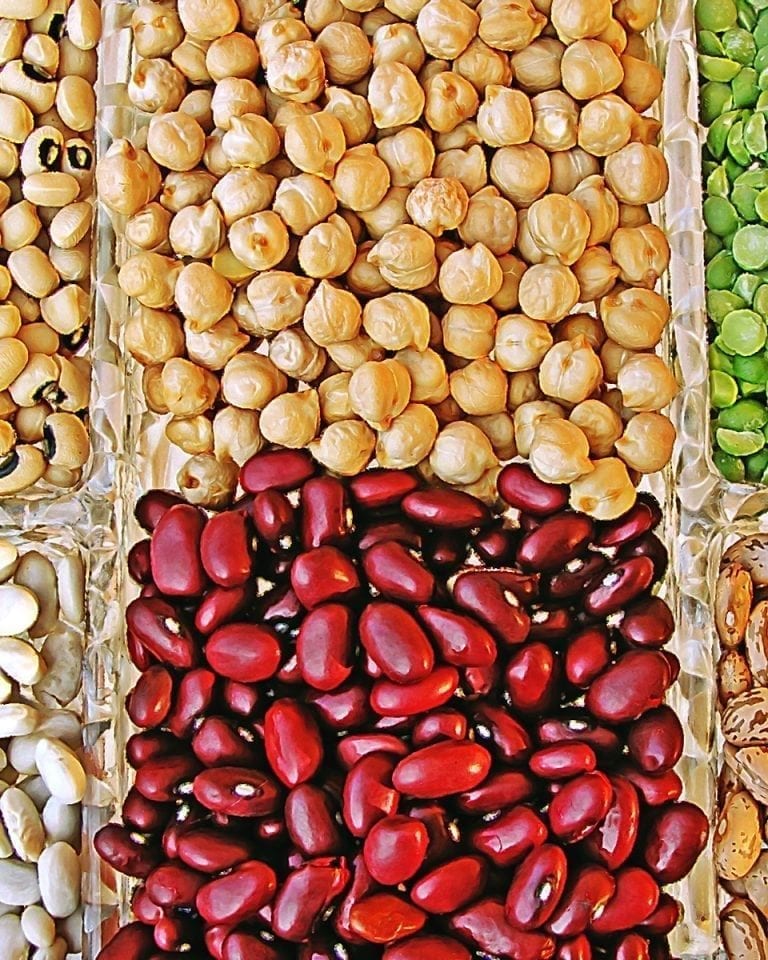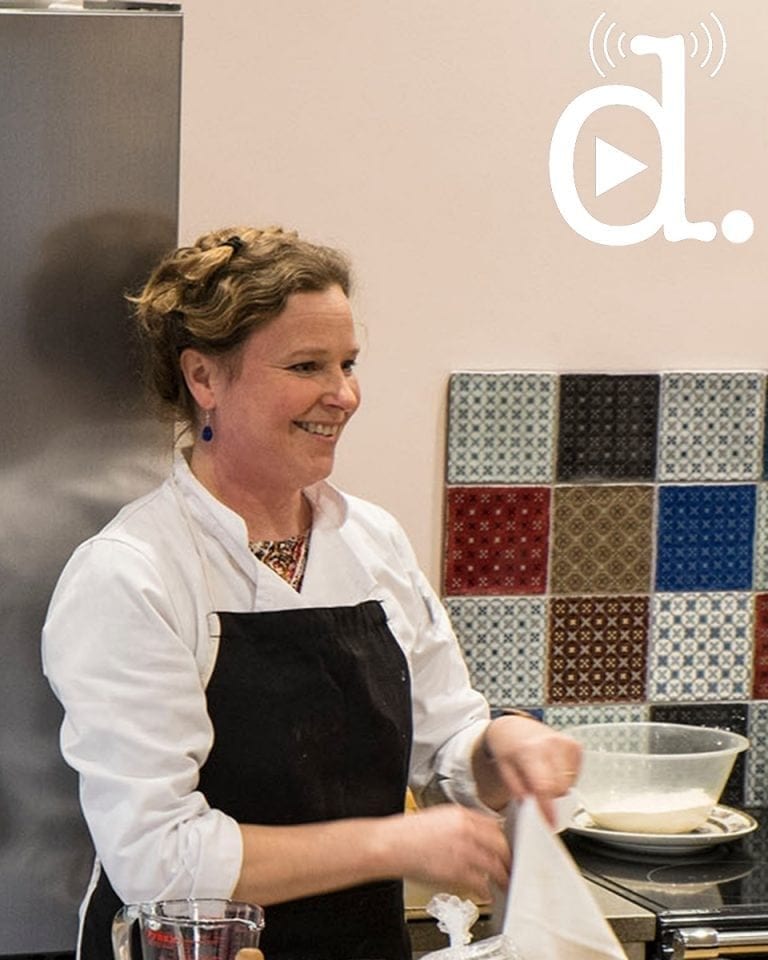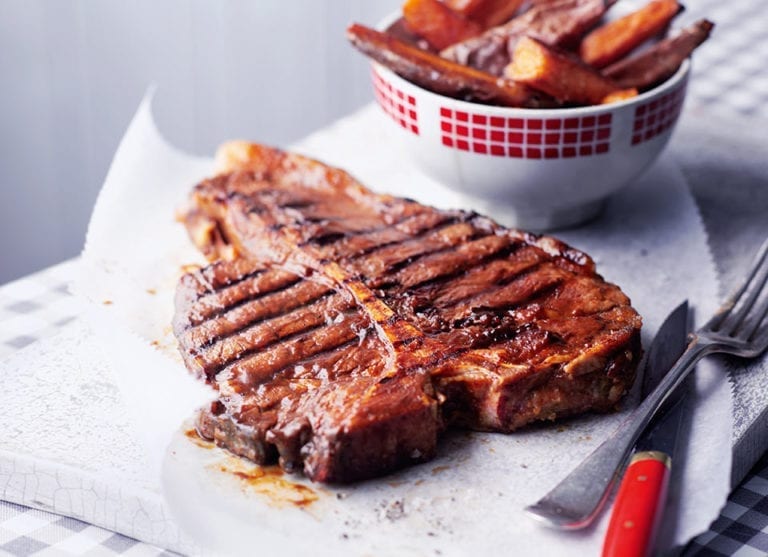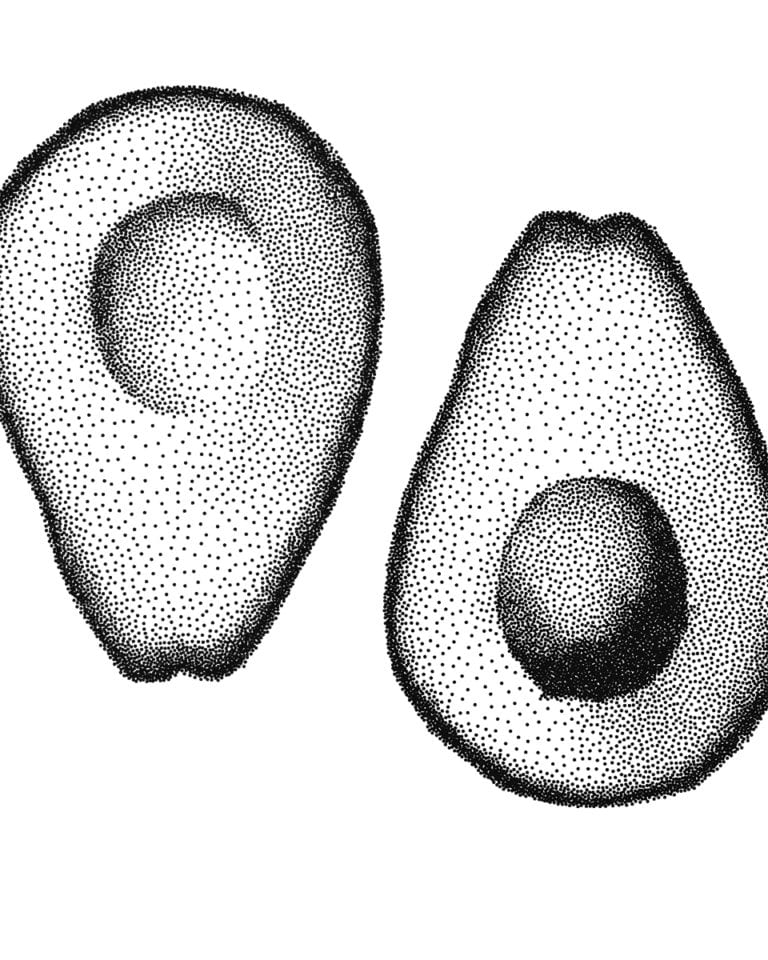Are restrictive diets bad for children?
Are parents acting irresponsibly by imposing their own eating regimes on children? Are there actual dangers – or are they exaggerated?
Sue Quinn investigates…

Can excluding certain foods from your child’s plate damage their health? Recent newspaper headlines have claimed that parents who choose vegan diets, for example, for their children might be causing them “irreversible damage”. Certainly there’s no shortage of so-called healthy eating trends that involve avoiding certain foods: raw, clean, gluten free, dairy free, paleo, low carb, vegetarian and vegan to name just a few. And some of these fads appear to be filtering through to children.
The British Nutrition Foundation says 20 per cent of UK kids adhere to some form of elimination diet, yet only 3-6 per cent have a diagnosed medical condition that makes such exclusions necessary. Meanwhile, the number of vegans in the UK has increased by 260 per cent over the past decade and 2,000 people a week are now giving up meat. It’s probable that the number of vegetarian and vegan children is rising, too.
In recent years, several horror stories about restrictive eating have made headlines. In Italy, a one-year-old raised on a vegan diet was removed from his parents’ care after he was found to be severely malnourished. And a seven-month-old baby in Belgium died after being fed a strict lactose and gluten-free diet. Cases such as these have raised questions about the safety of excluding foods from a child’s diet. But do a few cases mean restrictive diets are always dangerous?
Different nutritional needs
Doctors and nutritionists say that adults and children (especially under-threes) have vastly different nutritional needs. Children’s bodies (particularly their brains and bones) are developing rapidly and are less tolerant to nutrient deficiencies than adults’. “Iron [one of the best sources of which is red meat] is particularly important for very young children,” says paediatric dietician Judy More. “If you don’t get the iron in, you’ll slow their brain development and reduce their immunity.”
For primary school children, calcium, iodine and vitamin B12 – nutrients found in dairy – are all essential for good health and optimum development. “If you take out the dairy and don’t take a calcium supplement, plus a supplement for iodine, you could affect their brain development,” More says. “Also, their bones will be less dense, which means they’re more likely to break if they have a fall, and they’ll probably have an increased risk of osteoporosis later in life.” Older children face potential problems too. “Children’s brains are still growing until after they’ve stopped growing in height,” More says. “So if you’re low in iron, as teenage girls are, that has implications for your educational attainment and your employment opportunities.”
Allergies and intolerances
So why are parents restricting their children’s diets at all? Many parents have unfounded fears about food allergies and intolerances, says Helena Gibson-Moore, a nutrition scientist with the British Nutrition Foundation. “Research indicates that self-diagnosis of allergies and the use of commercially available tests is common,“ she says.
In a recent report, the Foundation cited the case of a malnourished five-year-old whose diet was ‘unnecessarily’ restricted after taking a controversial electrodermal allergy test. In another case, a 10-month-old developed rickets and a calcium deficiency after the mother, fearing a cow’s milk allergy, restricted the child to breast milk and a limited amount of fruit and vegetables.
Gluten-free and low carb diets
For children with coeliac disease, an autoimmune condition that affects around 1 per cent of the population, a gluten-free diet is critical. But for those who don’t have the disease or a wheat allergy, there’s no evidence that cutting out gluten has any benefit.
Generally, restricting starchy carbs such as bread, cereals, potatoes and pasta isn’t healthy. “Young children need energy for healthy growth and development, so cutting out these foods may make it harder to get enough energy,” Gibson-Moore says. She adds that most UK children need the fibre that wholegrain starchy carbohydrates provide.
Vegan and vegetarian diets
Professor Mary Fewtrell, chair of the European Society for Paediatric Gastroenterology, Hepatology and Nutrition, and professor of childhood nutrition at University College London, believes vegan and vegetarian diets are potentially hazardous for children. In theory, they can get all the nutrients they need from a carefully planned diet topped up with supplements. But many parents don’t fully understand children’s dietary needs or know how to make up for the crucial nutrients found in meat, fish and dairy. “Vegan diets are of greatest concern especially in infants and toddlers,” Fewtrell says. “It’s very important that vegans seek and follow advice regarding supplementation and also ensure that the infant’s diet is sufficiently energy-dense. Young infants have high energy requirements and if they consume a lot of high-fibre, low-energy foods they may be too full to consume enough calories.”
Fewtrell outlines concerns about potential deficiencies, the biggest of which is the risk of deficiency in vitamin B12, which can only be obtained through animal-sourced foods or supplements. “Deficiency can result in serious brain damage, especially in the very young, while the brain is still developing rapidly,” she says.
Heather Russell, a dietitian at the Vegan Society, argues that the risk of inadvertently malnourishing a child isn’t restricted to vegan diets. “In my experience of working with vegan parents, they put a lot of care and attention into ensuring that their children eat well,” she says. “Both the British Dietetic Association and the American Academy of Nutrition and Dietetics recognise that well-planned vegan diets can meet nutritional needs at every age and stage of life.”
The bottom line
What’s good enough for adults isn’t necessarily good enough for children when it comes to nutrition. Parents should not exclude foods from a child’s diet, especially whole food groups, after self-diagnosing an allergy or intolerance. It’s possible for a child vegan or vegetarian to follow a healthy balanced diet, but parents need to monitor their children’s daily nutrient intake carefully and provide the supplements advised by doctors or dieticians.
Subscribe to our magazine
Food stories, skills and tested recipes, straight to your door... Enjoy 5 issues for just £5 with our special introductory offer.
Subscribe
Unleash your inner chef
Looking for inspiration? Receive the latest recipes with our newsletter


